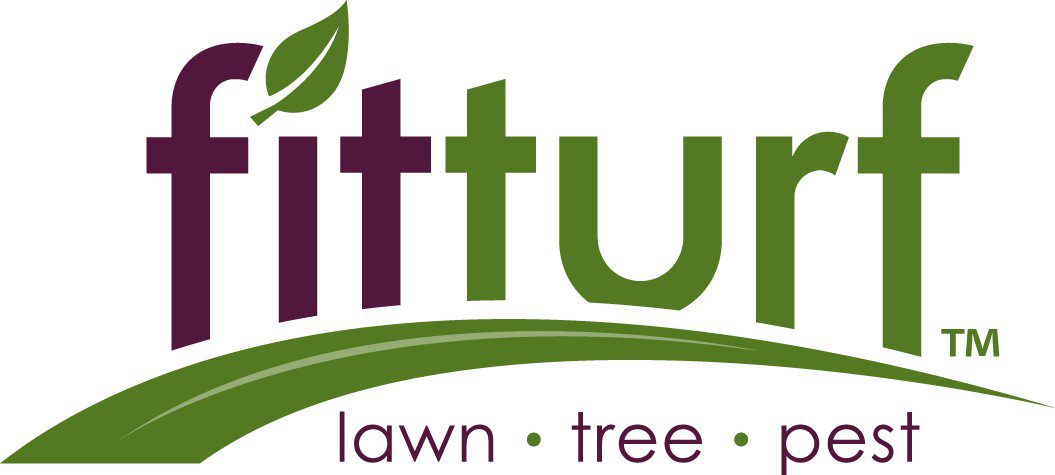How to Winterize Your Sprinkler System in Colorado
Think that your sprinkler system will be OK with no end-of-season maintenance? Think again. Experts recommend that Colorado homeowners have a blowout performed on their sprinkler systems in order to avoid burst pipes. Although blowing out a sprinkler system can add up to about $100, the cost of a burst pipe can skyrocket into the thousands of dollars. Preparing your yard for winter should also include preparing your irrigation system, ideally in September or October. Read on to find out how.
Why Should I Winterize My Irrigation System?
The process of winterizing your irrigation system includes ensuring that all water is expelled from the pipes and equipment. This is because when water freezes within the equipment, it can lead to pipes, valves, pumps, sprinklers and other fittings breaking or bursting. Why? It is because water expands when it gets cold, unlike other substances that contract when freezing. According to Colorado State Extension, water expands when it freezes and increases its volume by one-eleventh; therefore 11 cubic feet of water will form approximately 12 cubic feet of ice. The force from the expansion can cause extensive damage.
Oh no! Colorado is Already Cold — Am I Too Late?
Colorado can experience its first freeze in early October. Even if there have already been several freezes before you’re able to schedule a blowout service, it is not too late! This is because most systems are installed underground and are insulated from the first freeze or two. However, when hard freezes occur over and over, the soil temperatures will quickly plummet. So, don’t wait — check into this service as soon as possible.
Can’t I Just Drain the System?
Manual or automatic drain valves purge water from irrigation systems by relying on gravity, which only works in properly installed systems that are laid to grade, with no dips in the pipes that will trap the water in low areas. However, because in-ground pipes have a tendency to shift, there is no way to guarantee that these pipes will be completely free of water.
What’s the Most Effective Way to Make Sure Pipes are Free of Water?
The only way to be completely sure that the water is completely expelled from your irrigation in Colorado is to use compressed air to “blow” the water out. Different compressors are needed for different systems, and it is important that you know the gallons per minute (GPM) that flow through each zone of your system. If you are not sure (or your owner’s manual has been misplaced) you can make an estimate of GPM per zone by adding up the GPM rating for each sprinkler head nozzle and then looking the data up on the manufacturer’s website.
How Can I Protect My Irrigation System Right Now?
If you are unable to perform a blowout on your system or schedule a company to come in and perform one for you, you can protect your system in the meantime. First of all, give Fit Turf a call. We can help you determine what service is best for your irrigation product. If this isn’t possible, however, you can protect many components by turning off the system. The system shutoff can normally be found in your basement or near the water meter in your yard.
A little extra time and effort on your irrigation system can save a whole lot of money and headache. The cold Colorado winters are tough on many home systems, and the irrigation system is often one of the most overlooked systems. It is important, however, to give it the attention it deserves.

